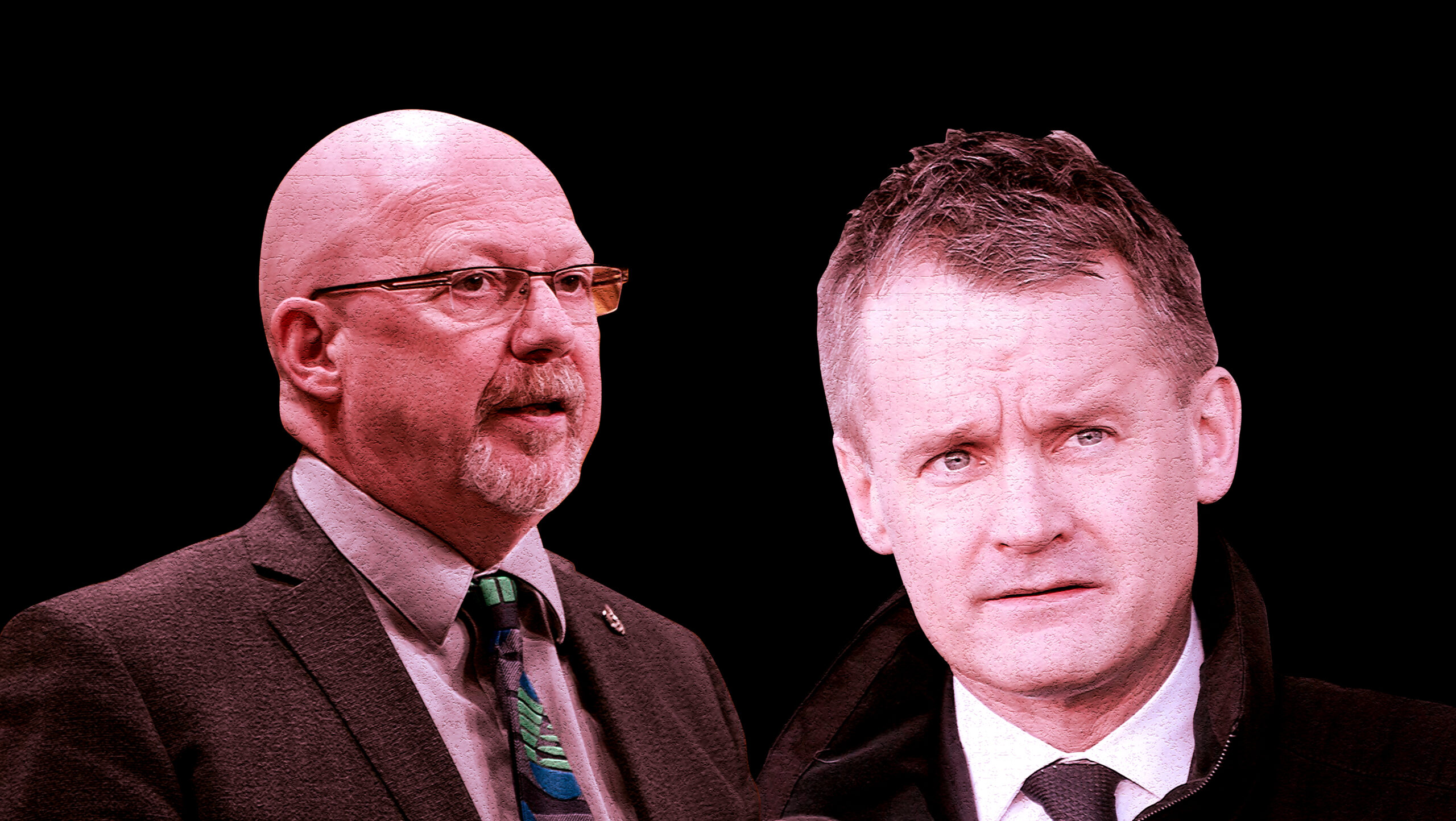This story is part of Rainbow Votes 2019, special Canadian election newsletter by Xtra. You can sign up here to receive the newsletter directly in your inbox, every Tuesday.
For LGBTQ2 Canadians, representation was a mere illusion this federal election campaign.
Sure, it was a historic first that more than 70 openly LGBTQ2 candidates were fighting for a seat in the House of Commons. Among them were at least five trans or non-binary folks, and at least two Two-Spirit candidates. That number was up significantly from the 20 candidates who ran in 2015.
But, as Xtra lamented in a previous edition of this newsletter, so few of those candidates were poised to win their seats. They either ran against popular incumbents or represented the Greens or NDP—parties that had the highest LGBTQ2 representation—in ridings where Conservatives or Liberals had a stronghold. Beyond their visibility on the campaign trail, most LGBTQ2 candidates had no real shot at representation in Ottawa.
Last night, our predictions came to fruition: Just four queer candidates were elected to Parliament. All but one were incumbents. All identify as gay white men.
That means Canada now has fewer LGBTQ2 MPs than it did four years ago, when six queer candidates (including one lesbian) were elected. Among the losses were Edmonton Liberal MP Randy Boissonnault, who was also the special advisor to the prime minister on LGBTQ2 issues, and Saskatoon NDP MP Sheri Benson.
For a campaign predicated on progress—the Liberals urged us to “choose forward,” the NDP was “in it for you”—our country has gone backward on LGBTQ2 political representation. And for communities who have been used to score political points this election, that’s especially tough to swallow. We need not forget that the Liberal Party kicked things off by resurfacing a video of Conservative leader Andrew Scheer comparing gay marriage to dog tails—an attempt at wooing socially progressive voters to vote Liberal. Leaders and journalists continued to harp on marriage equality—bringing it up in debates and one-on-one interviews—throughout the campaign, much to the chagrin of LGBTQ2 Canadians who have been worried about more pressing issues. That spurred talks of conversion therapy bans and who will or won’t march in Pride—but not much conversation about issues like the safety of LGBTQ refugees or improving access to gender-affirming healthcare.
How our new minority Liberal government will handle these issues in the coming months will speak volumes about its true commitment to our communities. But with fewer of our own in Ottawa willing to stand up on our behalf, it may be a rough road ahead.
This is just a taste of what you’ll get from Rainbow Votes 2019, our special Canadian election newsletter. If you never want to miss the latest news on LGBTQ2 politics—and get exclusive content—subscribe to receive Rainbow Votes 2019 straight in your inbox.


 Why you can trust Xtra
Why you can trust Xtra


